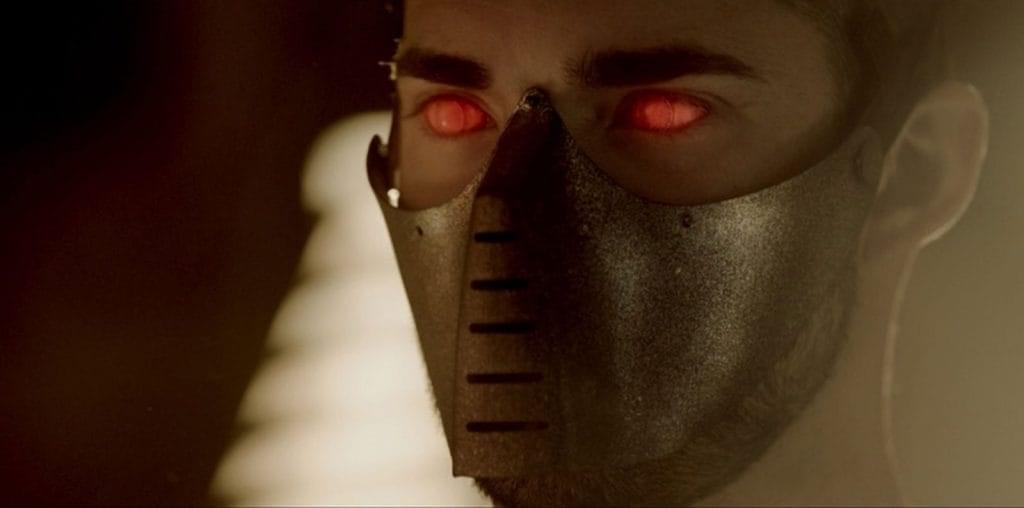
Jane Dibblin’s documentary short offers a broad overview on two of the most prominent writers of the Harlem Renaissance movement, Langston Hughes (1902-1967) and Claude McKay (1889-1948). While neither was a native of Harlem, the Missouri-born Hughes and the Jamaican-born McKay used their talent to dramatize the vibrancy and problems that defined New York City’s celebrated black neighborhood.
The film suggests that Hughes was the more daring of the pair for his ability to blend the personality of jazz rhythms into his wordplay; McKay focused on traditional poetry structure, though he is praised for the deft mixing of lyricism and melancholia in his writing. Sections of the poets’ classic works are offered against a backdrop of historical footage and views of today’s Harlem.
Sadly, the film offers very little insight into either man’s biography. McKay is noted for being quarrelsome and difficult, although no specific examples are provided, and there is no consideration of the far-left-wing politics that shaped both writers’ output (and which brought them a good deal of McCarthy era scrutiny). It is also unclear what kind of personal and professional relationship was shared between the men – the film vaguely cites that Hughes overlooked McKay’s moody personality, but it omits the level of competition or cooperation that might have existed between the men and their contemporaries.
Still, the film provides an intriguing introduction to the subject of 20th century African American poetry, and the curious viewer can use this as a launching point for independent studies.

